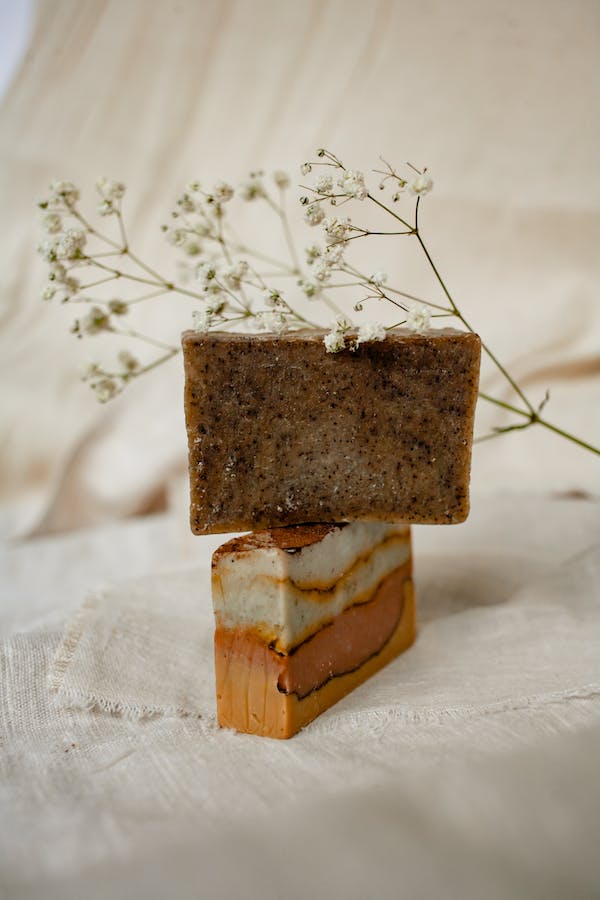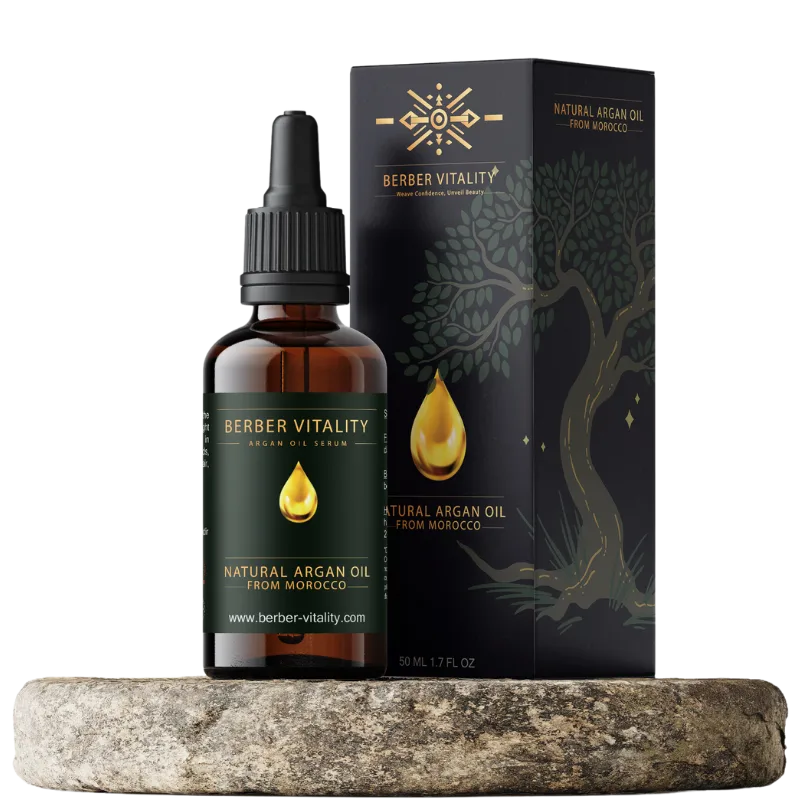
You care about your mental and physical health, and so do I. That’s why exploring all-natural remedies can be such a game-changer. These remedies are more than just trends; they form a bridge between traditional wisdom and contemporary well-being practices.
The connection between natural products and mental health is deeply rooted in history. For generations, cultures around the world have turned to Mother Nature to find solace and healing. Today, scientists are studying the effects of herbal supplements and essential oils, finding that many can indeed help alleviate stress and anxiety.
But it’s not all about bottles and capsules. Mental wellness is also about the environment we create around us. Products like meditation cushions made from organic cotton or bamboo and mindfulness apps grounded in natural soundscapes can transform your daily routine into a harmonizing ritual.
I think it’s essential to hear from those who’ve walked this path before us. Success stories abound, from individuals who have found tranquility in a cup of chamomile tea to those who swear by the restorative power of lavender oil. These anecdotes complement the growing body of clinical evidence supporting the efficacy of natural remedies.
Before you start shopping, remember to consult with a healthcare professional. An expert can guide you through the vast array of options and pinpoint what might work best for you. It’s all about finding the right balance and products that align with your lifestyle and values.
As we continue to seek harmony within ourselves, it’s also worth considering how our choices impact the world around us. This leads me directly into my next point: saving energy the natural way. Eco-friendly innovations are not just good for the Earth; they’re a step toward a more sustainable future for us all.
Eco-Friendly Innovations: Saving Energy the Natural Way
The role of natural products in reducing our carbon footprint is more significant than ever. As environmental concerns take center stage, I find it crucial to highlight that small changes in our daily routines can make a substantial impact.
Consider energy-saving gadgets that leverage natural phenomena. For example, a solar oven harnesses the sun’s energy to cook food without consuming fossil fuels. Similarly, a rain barrel collects water for gardening, cutting down on water usage.
Solar power innovations for a greener home are gaining popularity. From solar panels that power entire homes to solar chargers for devices, the options for incorporating solar energy into the fabric of daily life are expanding.
The impact of using eco-friendly materials every day is manifold. Products made from recycled plastics, or sustainable bamboo represent a shift toward responsible consumption. When you choose items with a lower environmental impact, you contribute to a larger, global effort to conserve resources.
I offer these tips for living an energy-efficient lifestyle with the assistance of natural products: Replace incandescent bulbs with LED lights, insulate your home to reduce heating and cooling needs, and opt for manual tools over electric ones when possible. These simple choices not only save energy but also promote a healthier environment.
Enhancing Outdoor Experiences with Natural Products
Natural products and the great outdoors share a harmonious relationship. When I integrate natural items into my outdoor activities, the experience is often more enjoyable and aligned with my eco-conscious values. Sustainable gear isn’t just a trend—it’s a commitment to preserving the landscapes that adventurers like myself love to explore.
Choosing biodegradable essentials for camping and dining al fresco means leaving a lighter footprint on the Earth. And for me, that’s a powerful part of the outdoor adventure. Products made from organic materials can decompose naturally; this way, if anything is left behind, it won’t harm the wilderness.
I appreciate brands that design items with both functionality and the environment in mind. Durability, eco-friendliness, and utility don’t have to be mutually exclusive. A well-made hemp backpack or bamboo water bottle has served me as reliably as any synthetic counterpart.
In selecting eco-friendly products for outdoor living, I focus on long-term value rather than single use convenience. I consider the lifecycle of each item—from production to disposal. Before making a purchase, I always ask, “How will this product affect the environment after I’m done with it?”
Balancing environmental responsibility, practicality, and enjoyment outdoors isn’t as challenging as you might think. I encourage you to give these natural products a try. You’ll not only enhance your exterior adventures—you’ll also contribute to a greener future.





Great products!
thanks for your comment